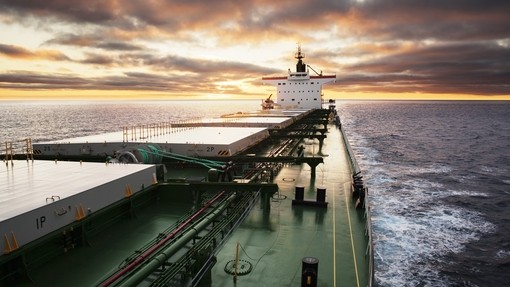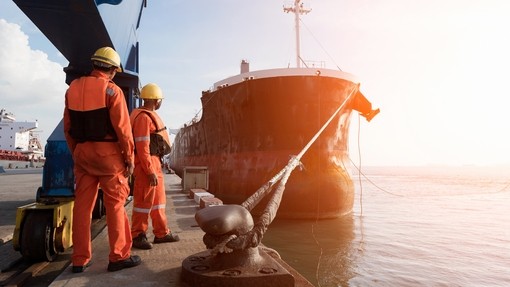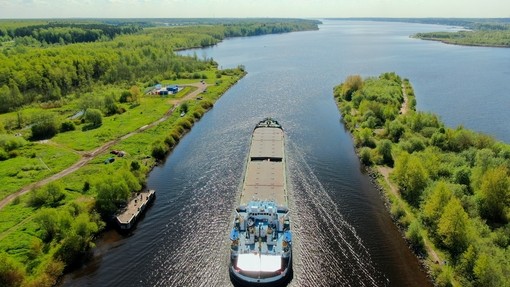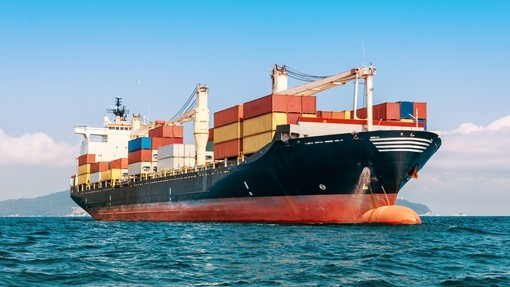Lambert -v- VJ Glover Limited (1) and Friday (2): [2019] EWHC 776 (Admlty)
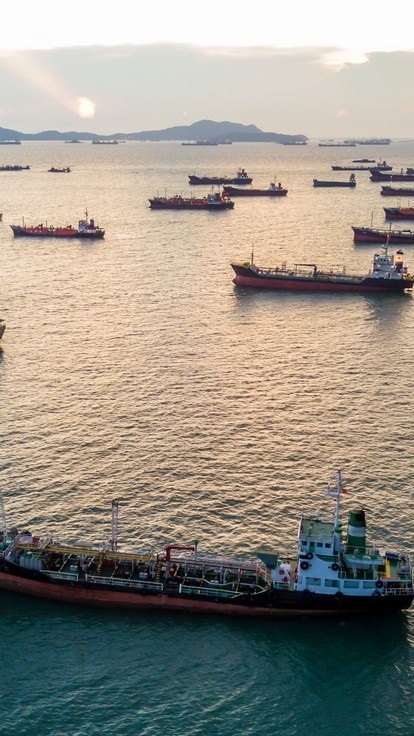
Details
This case involved a claim to recover £582,348.76 in damages for personal injury brought by a self-employed fisherman, in respect of an incident that took place on-board the motor fishing vessel “REJOICE” (the ‘Vessel’) on 6 October 2016. The first defendant was the owner of the Vessel and the second defendant was the skipper of the Vessel (the ‘Skipper’).
The Skipper contacted the claimant on 6 October 2016, who invited him to go fishing. The claimant arrived on-board at around 18:00. It was accepted that the weather conditions were poor. According to the claimant, the deck was poorly lit and the Vessel was inadequately secured to the quayside.
It was further accepted between the parties that the Skipper instructed the claimant to clean the accommodation, which involved removing a quantity of ‘protein powder’ that had been spilled on the deck. The claimant’s hand became caught between the dredge and the jetty alongside the Vessel in the course of disposing the powder. The claimant sustained serious and lasting injuries and eventually commenced proceedings claiming that his injuries were caused by the negligence of either the Vessel owner or the Skipper.
Legal issues
During the trial, there was insufficient time for the parties’ respective counsel to address the issues relating to quantum. Consequently, the court decided to consider first the issues of liability, contributory negligence and fundamental dishonesty.
Duty of care
It had been long recognised by the Admiralty Court that fishing operations are potentially more dangerous than more ordinary forms of seafaring. To that extent, those who take part in such operations have to be volunteers to the ordinary dangers involved in the industry such as working on an unstable platform in whatever weather conditions were being experienced. However, it was also the case that a Skipper owed a duty to his crew not to expose them negligently to dangerous situations from which they could not protect themselves by exercise of good seamanship in carrying out their duties, which involved the exercise of common sense.
Owners are usually considered vicariously liable for negligence committed by the Skipper which they appointed. A vessel was also considered to be property for the purposes of the Occupiers Liability Act 1957 and it followed that owners were under a duty to maintain the vessel. In that sense, it was incumbent upon the owner to ensure that both the equipment was in good order and that the person appointed as Skipper was reasonably competent.
Breach of duty of care?
The claimant contended that the defendants breached their duties of care because the injury arose in circumstances when the claimant was acting under the instruction of the Skipper and where the Vessel was poorly lit and inadequately secured, given the prevailing weather conditions at the time.
The defendants accepted that the Skipper had instructed the claimant to clean the accommodation, but denied that those instructions were to dispose the protein powder overboard. The defendants also argued that the Vessel was secured acceptably and adequately lit. The defendants further contended that the claimant’s injury was in fact caused by his own action of putting his hand on the outside of the dredge when throwing the powder overboard.
The judge found that there had been no breach. The Vessel was adequately secured at the material time, despite the fact that the prevailing weather conditions were poor. In all the circumstances, it was impossible to accept that lack of light was a causative feature in the case.
The judge held that the Skipper’s instructions did not include the instruction to throw the powder overboard – in any event that in itself would not have been causative of the claimant’s injury given that putting rubbish over the side was not intrinsically dangerous provided that the crew member doing it was acting in a sensible and seaman like manner.
Therefore, the judge held that the claimant’s injury was caused, not by any negligence of the Skipper, but entirely by the claimant’s own fault in failing to take reasonable care. Consequently, the allegations that the first defendant had failed to ensure that the Vessel was reasonably safe for invited visitors and failed to employ a competent Skipper were also dismissed.
The claim was dismissed.
Fundamental dishonesty
The court was also asked to consider whether the basis of the claim was ‘fundamentally dishonest’ under Section 57 of the Criminal Justice and Courts Act 2015 (the ‘Act’). This related to a series of text messages exchanged between the claimant and the Skipper, in which the claimant allegedly pressured the Skipper to accept his version of events.
Section 57 applied where the court found that a claimant was entitled to damages but it was satisfied that, on the balance of probabilities, the claimant had been fundamentally dishonest in relation to the primary claim or a related claim. In these circumstances, the court had to dismiss the claimant’s claim unless the claimant would suffer substantial injustice as a result. Given that the judge dismissed the claim, he ruled that Section 57 of the Act did not apply.
This article originally appeared in the April 2019 edition of shipping case digest. Other articles include:
Glencore Energy UK Ltd and Glencore Ltd -v- Freeport Holdings Ltd [2019] EWCA Civ 388
Michael Wilson & ‘Partners’ Ltd -v- John Forster Emmott [2019] EWCA Civ 219



